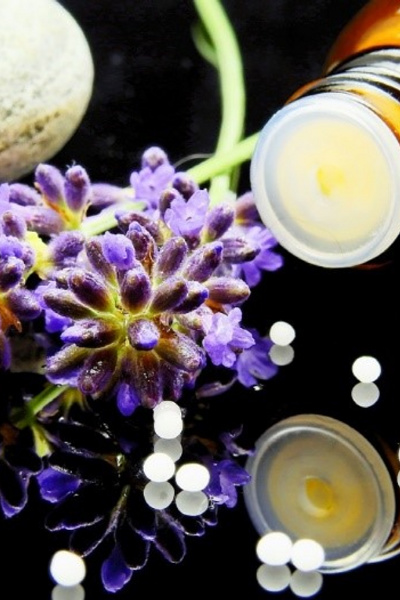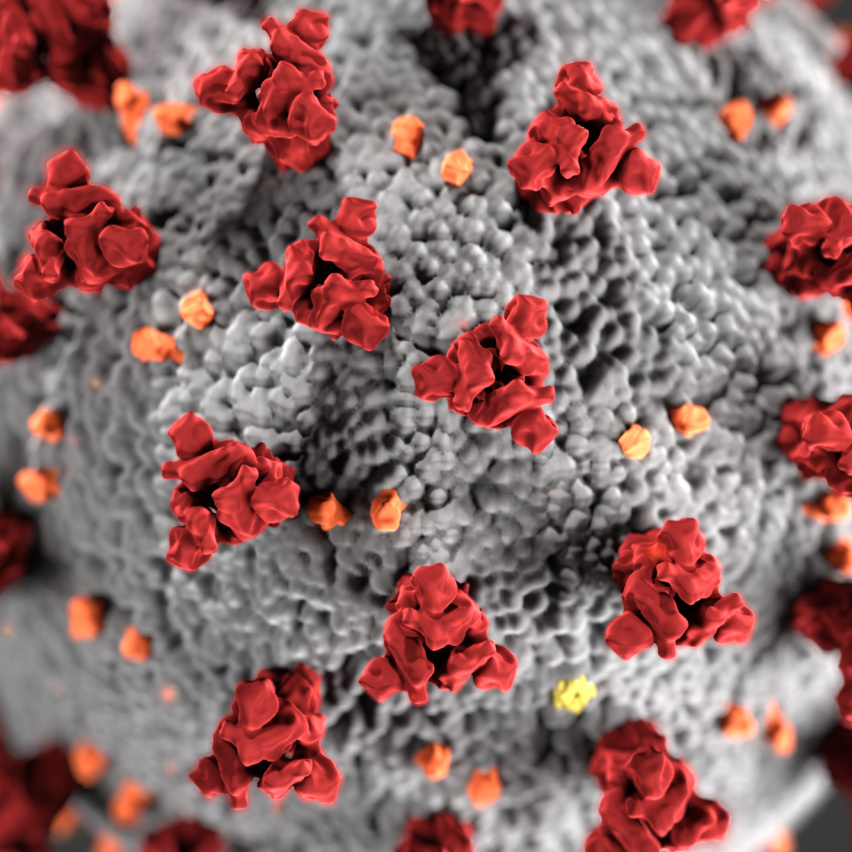Why Magnesium Is Important to Your Health
Magnesium has tons of health benefits. According to the National Institutes of Health, magnesium can help the following conditions: Relieves Insomnia Magnesium relaxes your muscles for better sleep. It helps to "shut your mind off" and calms your nerves by regulating two of your brain's neurotransmitters that tend to keep you awake. Magnesium is also…
read moreHomeopathic Treatment for the Coronavirus
INDICATIONS: Below dosing instructions are based on the recommendations of Bhawisha Joshi, a homeopath in India working with a lot of 2020 Pandemic patients, and also a collection of remedies that are being used by many various homeopaths treating this season’s pandemic. Each dose, give 2 pellets direct into the mouth, 10 minutes from other…
read moreCoronavirus
Many of my clients , family and friends have been asking me what I am doing and taking at this time in regards to prevention of the coronavirus. Let me start off by saying that taking natural holistic products to build my immune system up has been my way of life the last 35 years.…
read more8 Divorce Survival Tips
Women need to be careful when they are hit with a divorce, because they can easily let themselves be taken advantage of without even realizing it. These 8 divorce survival tips can help you make it easier on yourself. Make Copies Be sure to have copies of everything, because if you don't, they will probably…
read moreIs your marriage worth fighting for?
Only you can really answer that, but I want you to consider some important facts. Most divorced couples do not anticipate the great pain suffered from a divorce that many times affects the rest of their life. Many think the grass is greener on the other side of the fence, but the truth is that…
read moreNever, ever date a married man
What do you do when you meet some guy that you are really interested in and then find out he's married? Short answer: RUN! (Reaffirm, Unlatch, Next) Let me break this down for you a bit. Reaffirm your goals for a relationship. You want a prince of your very own and not have to share…
read moreThe 5 Love Languages
One of the biggest banes of a marriage is the absence of love. Many couples have experienced terrible fallings-out because one or the other feels unloved and underappreciated. What husbands and wives often fail to realize is that people express, interpret, and expect love in different ways. Often times, a marriage is not entirely loveless,…
read moreChoose Happiness in your Intimate Relationships
Speed bumps are common in relationships. Fights happen and expectations can’t always be met but that shouldn’t deter a couple from giving a peaceful relationship. Yes, it takes work but the effort will always be worth it. Here are some things to remember in order to have a sound relationship with one’s significant other: Give…
read more







